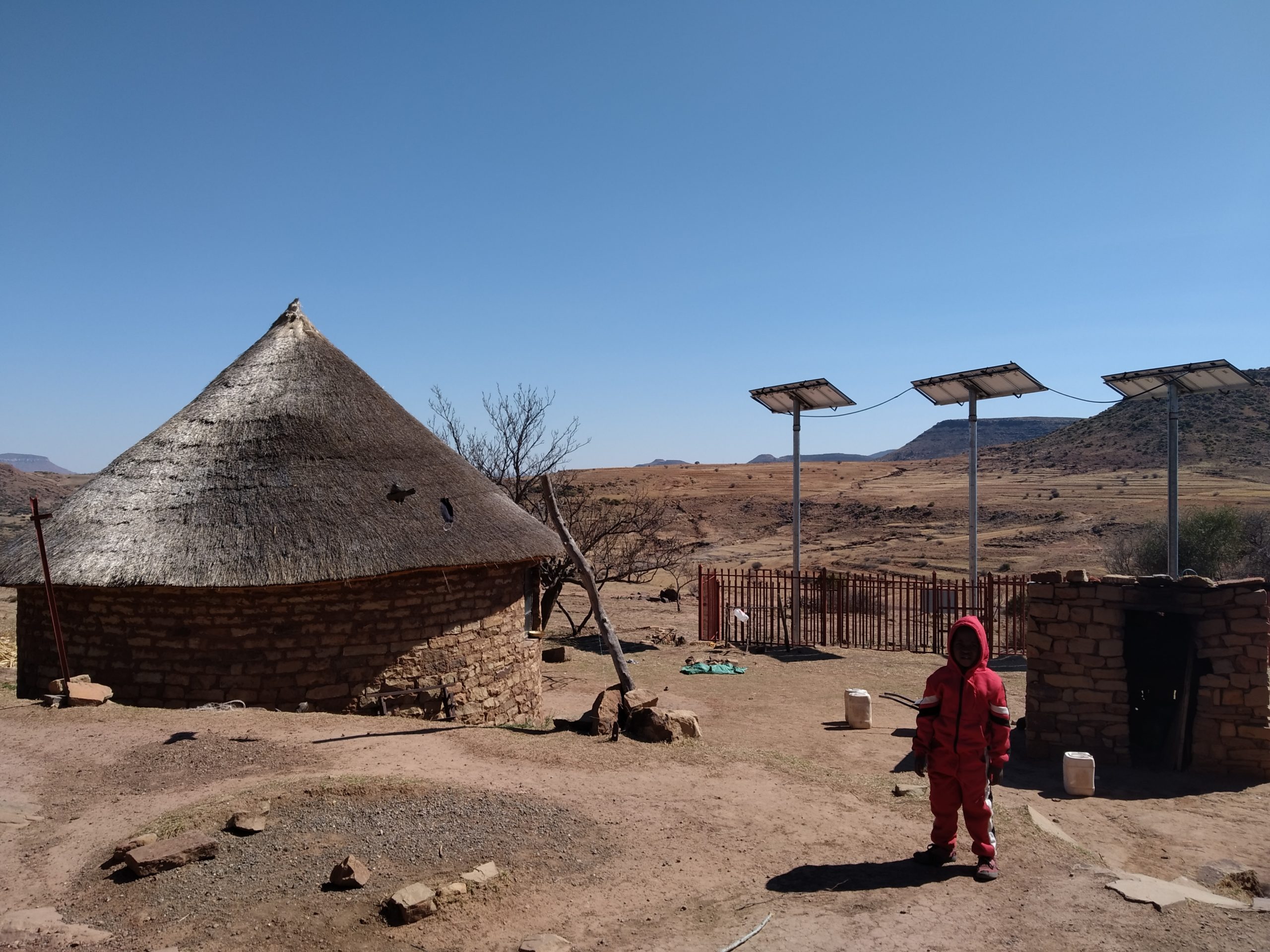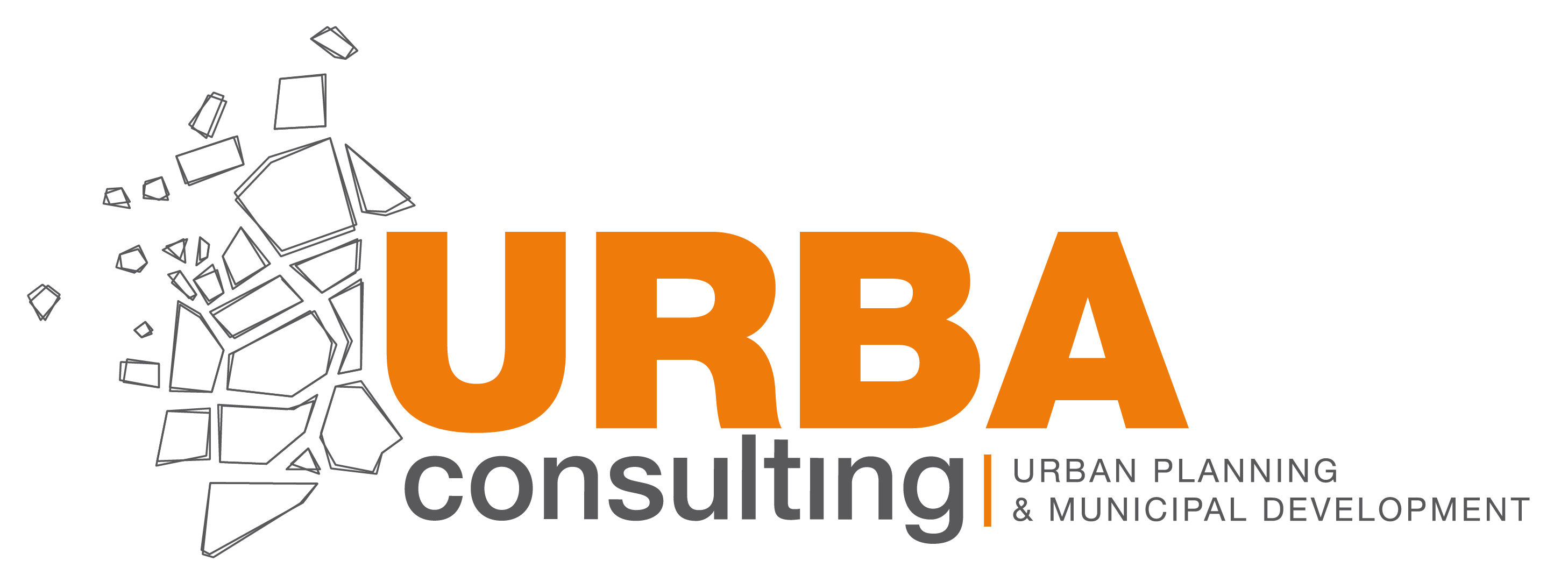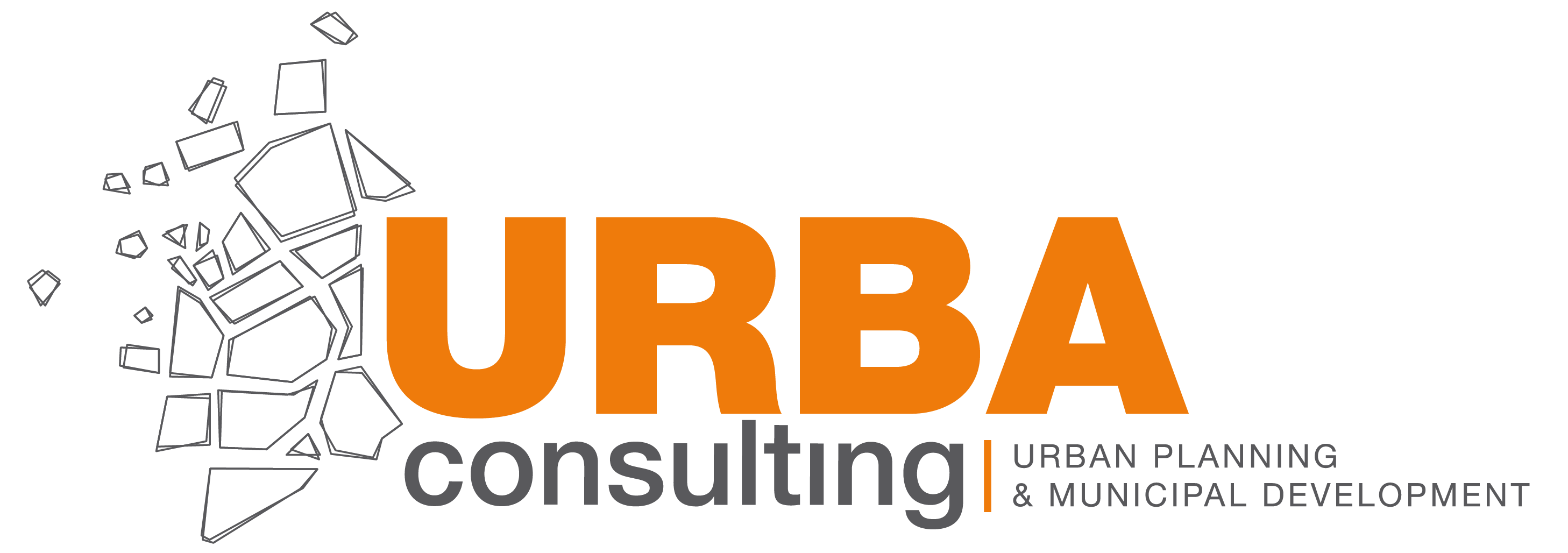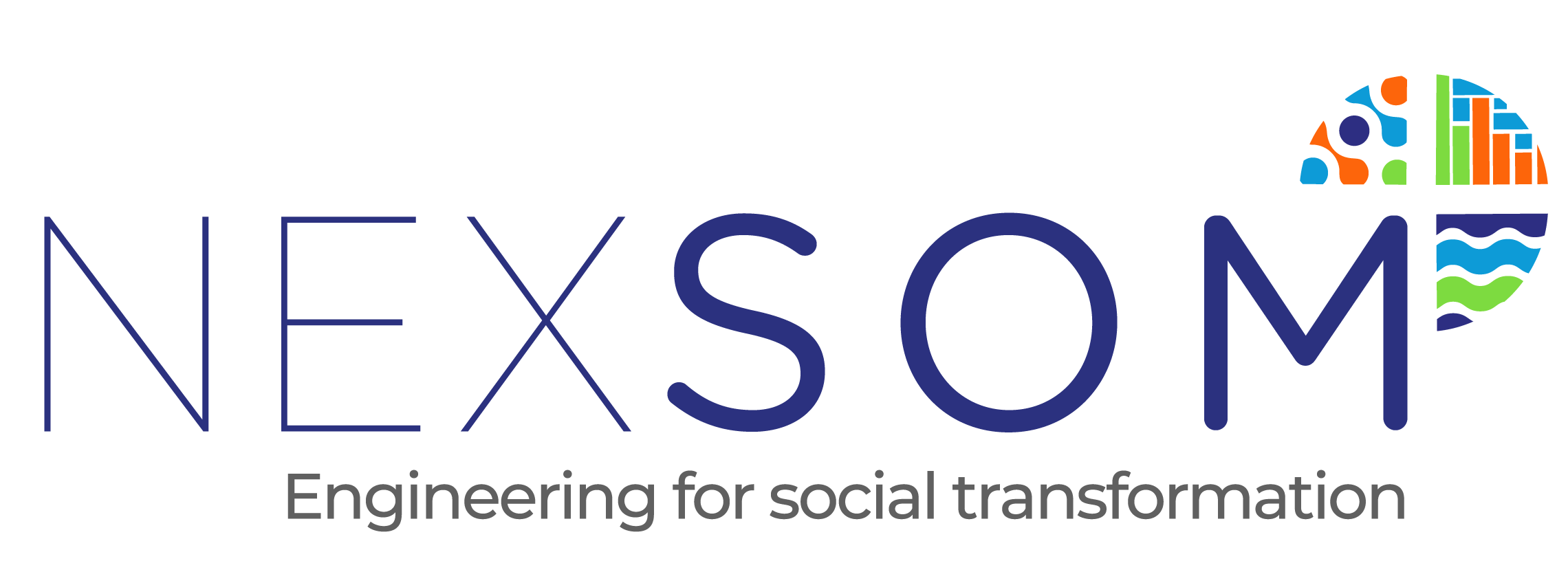
Capacity-building for the community and institutionalof rural water systems in Lesotho
Capacity-building for the community and institutional management of rural water systems, and water security plans
N° 842
📍 Lesotho
🗓 04/2021 – 11/2021
€ 290.000
Client : Nationwide
Financing : United Nations International Children’s Emergency Fund (UNICEF)
Services
Project Description
The project seeks to build the capacities of all water sector stakeholders to minimise the impacts of climate change on rural water and sanitation services (water safety plans). The project is funded by UNICEF Lesotho and implemented in close collaboration with the Ministry of Water’s Rural Drinking Water Department. 500 direct beneficiaries (community leaders, local authorities, state stakeholders and water sector NGOs) have been trained in the 10 districts of the country (on infrastructure and resource monitoring, water safety plans, good systems operation and maintenance practices and integrated water resources management). The project has also reached 50,000 indirect beneficiaries and water service users (awareness-raising via radio and TV).
Provided services by Urbaconsulting
The process is divided into five distinct phases:
1) analysis of the sector’s capacity-building needs (human and system capacities)
2) development of training content and guidelines for the sector
3) strengthening of the integrated sector monitoring system
4) delivery of training workshops for key sector stakeholders
5) delivery of community training and capacity-building sessions.
- Developing the sector analysis report and assessing existing human and institutional capacities;
- Producing a catalogue of training materials for institutional stakeholders and communities;
- Formulating recommendations for optimising and improving the integrated sector monitoring system;
- Introducing a mobile application to facilitate the collection of information in real time (agility to react to climate change related issues);
- Developing water security plans, in collaboration with pilot communities, which can be replicated in other communities;
- Producing training reports on community training and local sector stakeholder training sessions;
- Conducting communication activities to raise awareness (short video documentary and radio messages, dissemination of practical guides and manuals).
Would you like to stay informed about our latest news ?
Follow us on LinkedIn !





Comments are closed